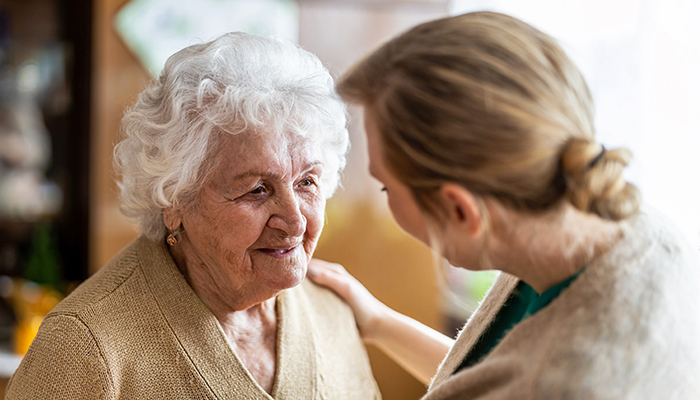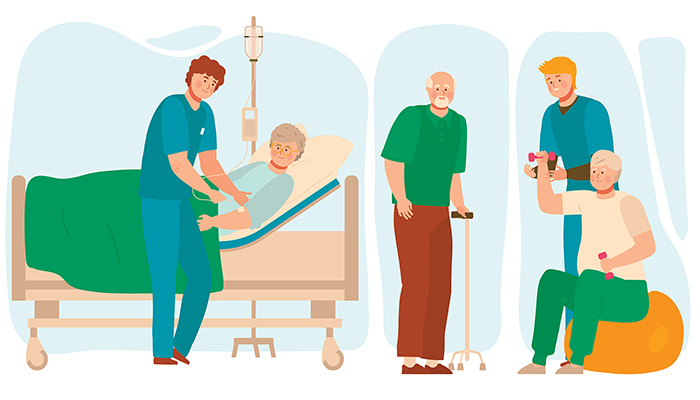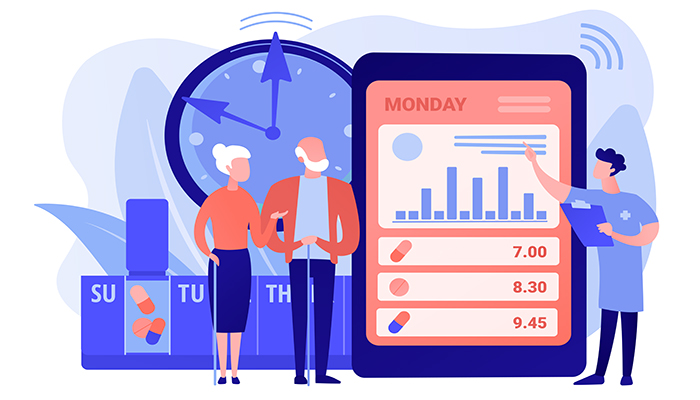Tinnitus is often described as a ringing in the ears. But it can also be more of a clicking sound, a humming sound, or buzzing, hissing, or roaring. Ninety percent of people with the condition also have hearing loss.
Tinnitus is not a disease. Instead, it is thought to be the brain’s response to a lack of input from the ears. The brain then “tries harder” to catch the sound stimulation it expects. The result is internal noise. For many people, tinnitus is simply annoying. For roughly 10%, however, it can be quite distressing, interrupting sleep and concentration and bringing on depression and anxiety. Nearly one in four adults ages sixty-five or older experiences tinnitus.
If tinnitus interferes with daily life, talk to the doctor. There are several possible approaches.
- Address the underlying cause (if there is one). The culprit may be a buildup of earwax, which can be removed. Or, over 200 medications list tinnitus as a side effect. Aspirin and ibuprofen, for instance. Also, certain antibiotics, anticonvulsants, cancer drugs, antidepressants, and diuretics. Switching to a different prescription may help. Or hearing aids, because they deliver to the brain the auditory information it’s seeking.
- Mask the noise. A quiet room can make the buzz of tinnitus more distressing. “White noise” can provide neutral sounds to override the tinnitus. There are ear devices, even hearing aids, that can deliver white noise. If your relative has trouble sleeping, a white noise machine at night can help. A fan or air conditioner can sometimes do the same thing.
- Manage the reaction to it. Cognitive behavioral therapy can help your loved one live better with tinnitus. By learning new ways to think about the ringing, as well as relaxation and other coping strategies, your relative may feel less affected by the constant sound.
Does your relative struggle with tinnitus?
As the San Francisco experts in family caregiving, we at Compassionate Community Care often notice that hearing issues go unaddressed. Hearing problems frequently result in an older adult withdrawing from social interactions, which can then cascade into depression and poor quality of life. We can help. Give us a call at (415) 921-5038.










